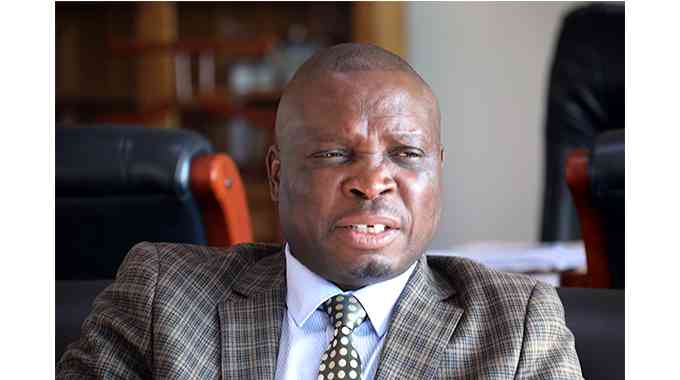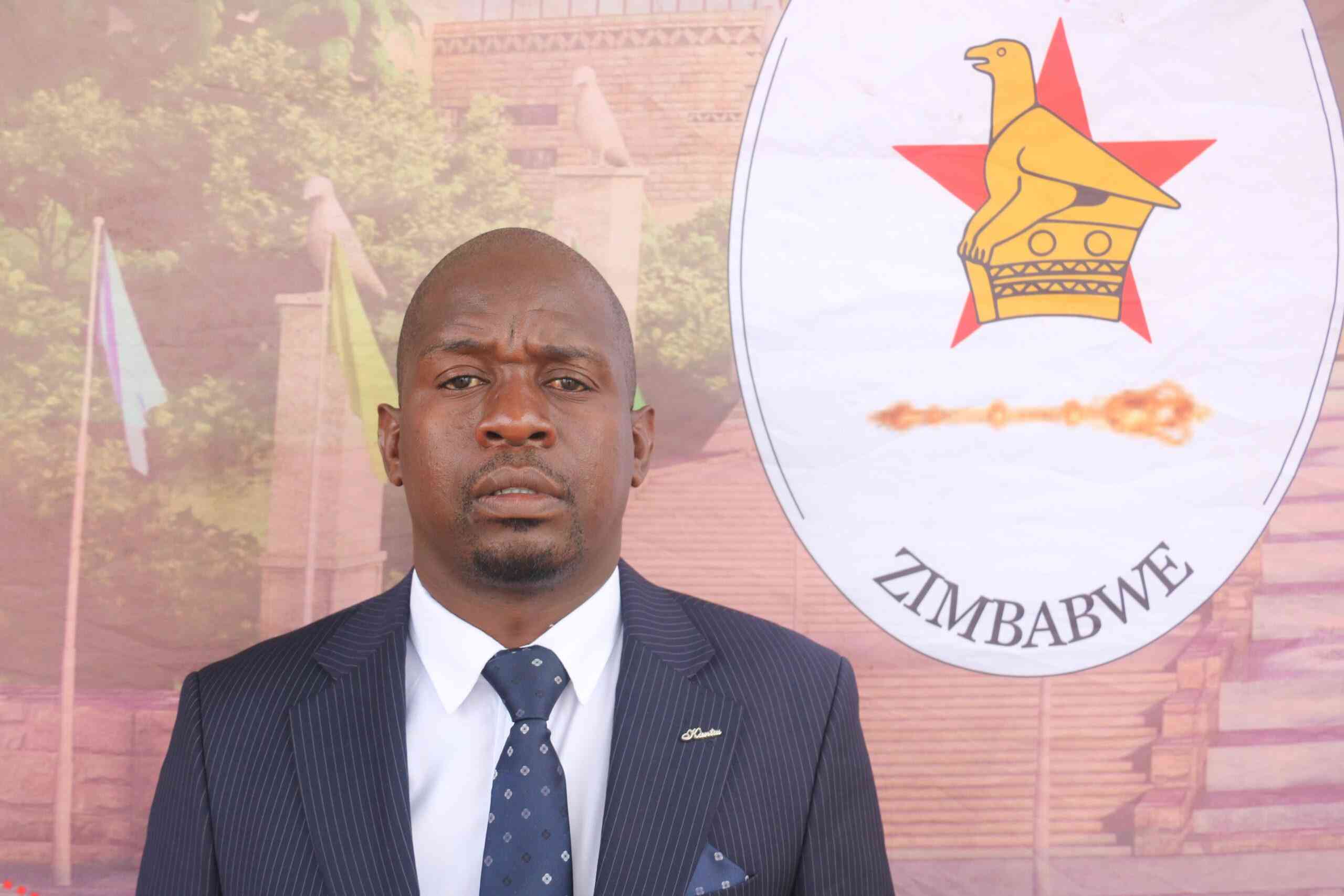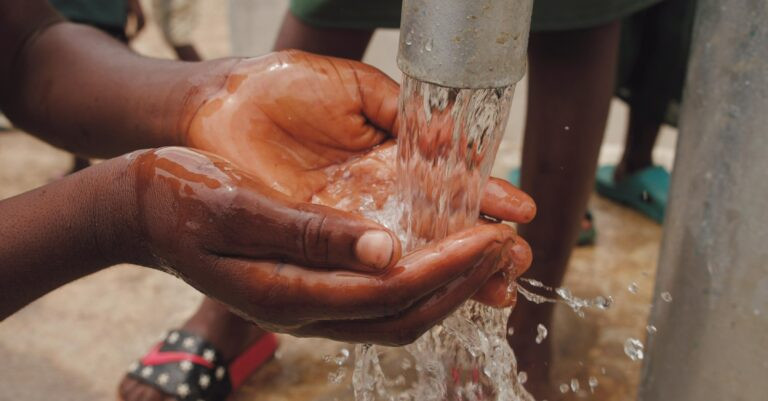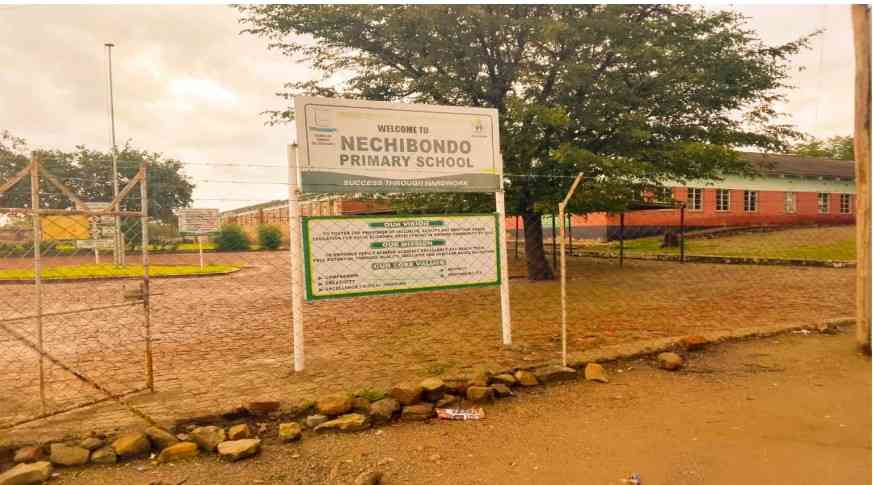
THE exorbitant US$950 000 construction cost of Somgolo Bridge which was recently commissioned by Matabeleland Provincial Affairs and Devolution minister Richard Moyo, has sparked outrage with stakeholders raising concern.
Stakeholders have since called for a probe of the tender process.
“So we need to interrogate the tender process and the final adjudication. Infrastructure is welcome for a region starved of such, but given our experience with the quality of work done by the new dispensation, I remain sceptical about the durability of the bridge,” retired educationist Ben Moyo told Southern Eye.
Thembelani Dube, who is the deputy chairperson of Rural Community Empowerment Trust, said the construction of the bridge was long overdue, adding that locals needed to be included in the process leading to such projects.
“If the project is now complete, we appreciate the initiative to help to alleviate the challenges faced by the community.
“There is a need for the responsible agency and ministry to apprise the residents on the total costs vis-a-vis the output, especially if people have queries,” he said.
Zapu secretary for Bulawayo, Vivian Siziba, said a layman's glance at the completed project attracted considerable suspicion.
“I cannot rule out overpricing and perhaps poor workmanship on the project. If my suspicion is correct, we are not getting anywhere with this kind of reckless fiscal behaviour,” Siziba said.
“How many proposed infrastructural projects of this nature are going to be completed, especially when we take into consideration that the government is failing to maintain the existing road network?”
Public policy researcher Samukele Hadebe, who is also the leader of the Freedom Alliance party, said if people in Lupane were happy, as witnessed by their leaders, everyone should be happy for them.
“However, for a project initiated in 2005 and completed in 2024 due to lack of funding, it is a cause for concern, particularly the neglect and economic marginalisation of the Matabeleland region,” he said.
“Construction taking that long will logically cost much more, but could even compromise quality control with piecemeal work over a decade and more, could be detrimental to safety, but local leaders are praising this loudly.”
The government claimed that, commissioned under the second republic’s infrastructural development drive, the investment in the bridge is already paying dividends by improving access to Lupane Centre and enabling safer, faster travel for both residents and businesses.
Indications are that local economic players, especially in the forestry and safari sectors, are among the major beneficiaries of this vital infrastructure.
Speaking at the commissioning of the bridge last week, Moyo said the government was committed to inclusive development.
“Before this bridge, there were difficulties, lives were even lost. The construction of this bridge started in 2005 and was met with challenges, but after substantial allocations from the second republic, this bridge became a reality,” he said.
“The project did not stop at the bridge. Government also funded the construction of the 20-kilometre Somgolo Road, for US$650 000, further enhancing rural access.”
Lupane East legislator Siphathisiwe Machangu also said the bridge had a life-saving social impact, particularly for schoolchildren who, for years, had to cross dangerous, flood-prone rivers to attend class.
“This is a story of success and changed lives by a government that cares about us. We are now able to travel without fear of any inconvenience, such as floods,” Machangu said.
The Somgolo Bridge originally started in 2005 and was stalled due to funding issues.
Co-ordinator for the Rural Infrastructure Development Agency in Matabeleland North, Lawrence Ndebele, said the bridge was started in 2005.
“We got funding in 2018 when the second republic came in and managed to complete construction in 2024,” he said.









